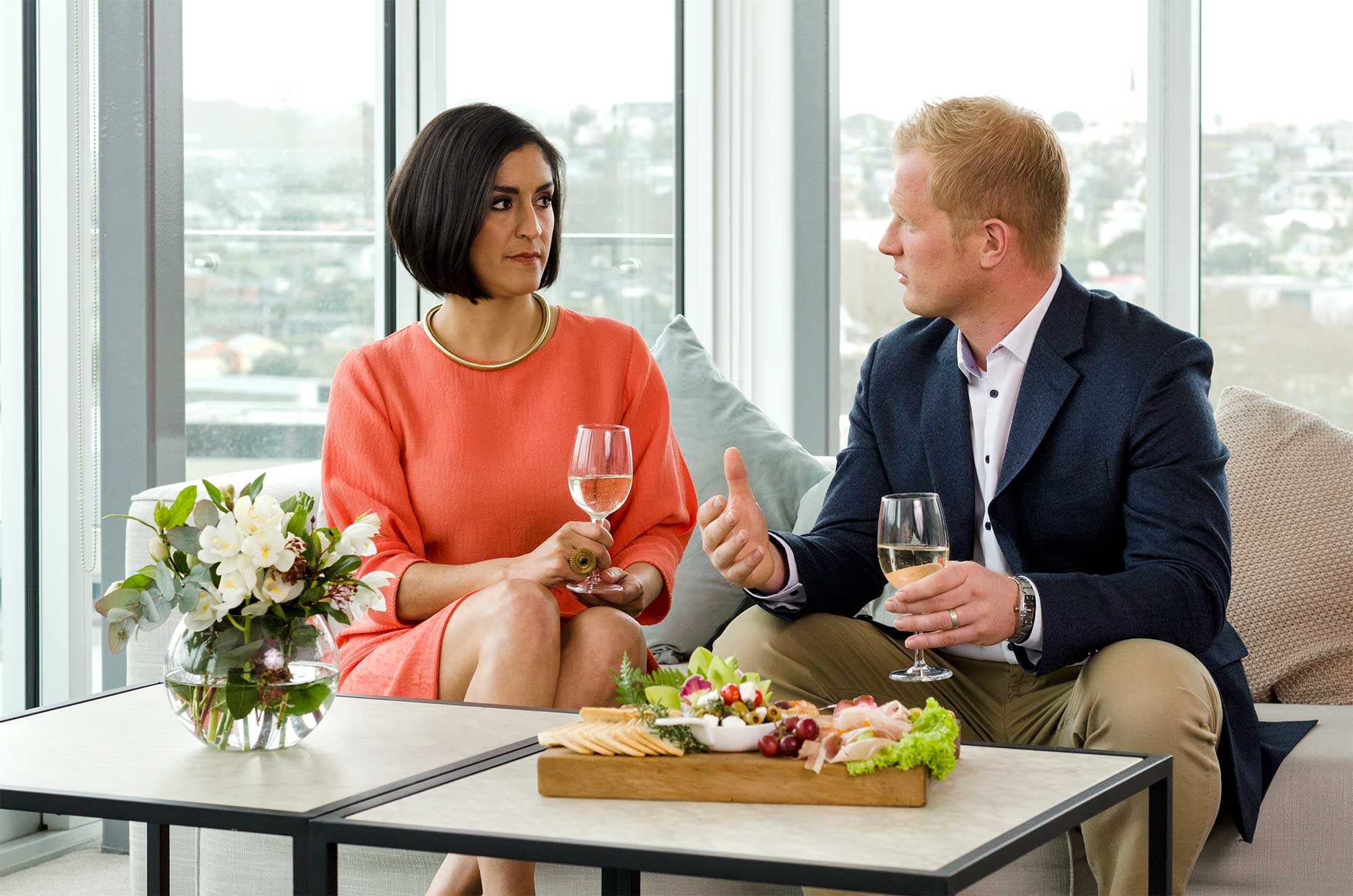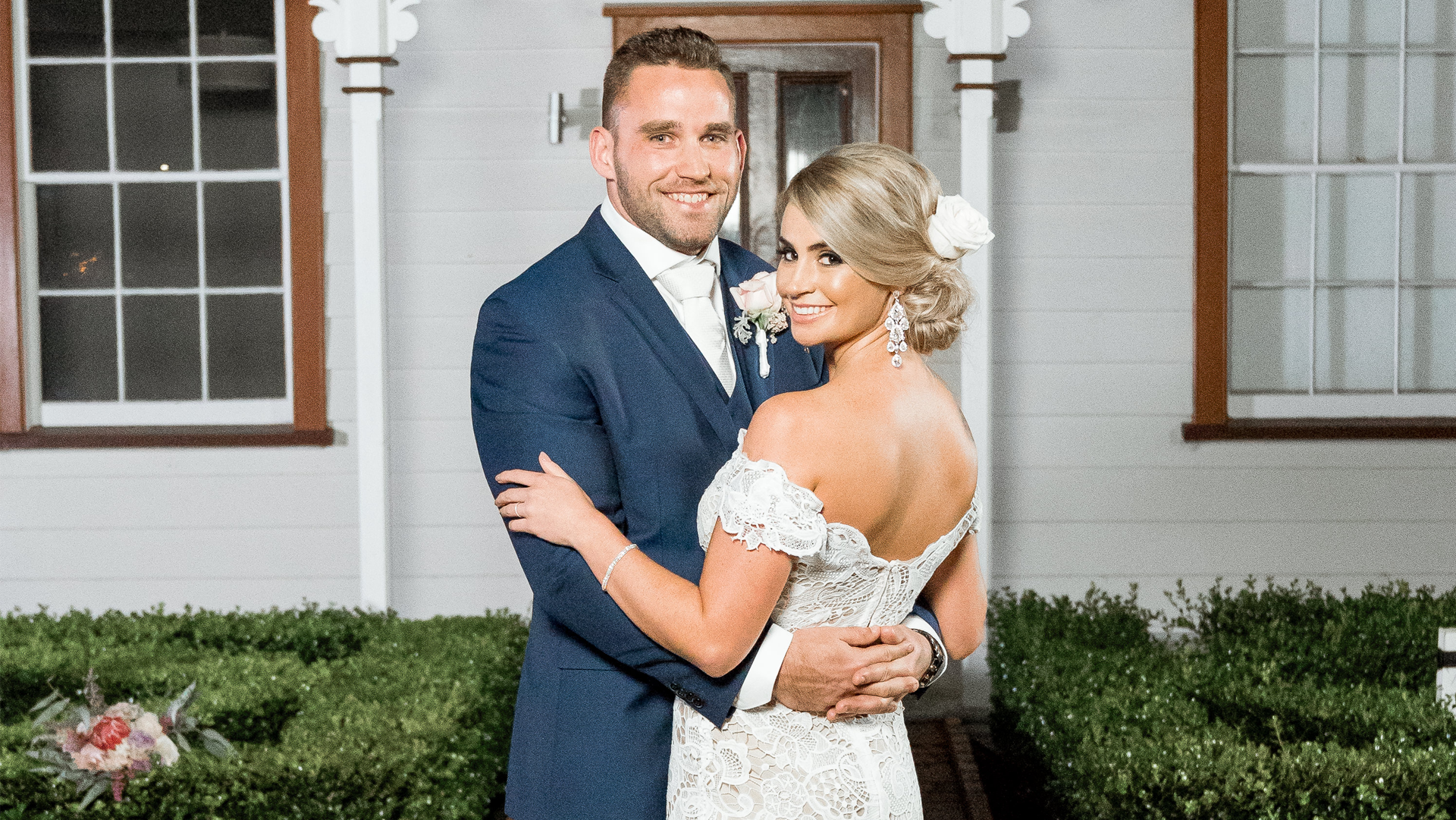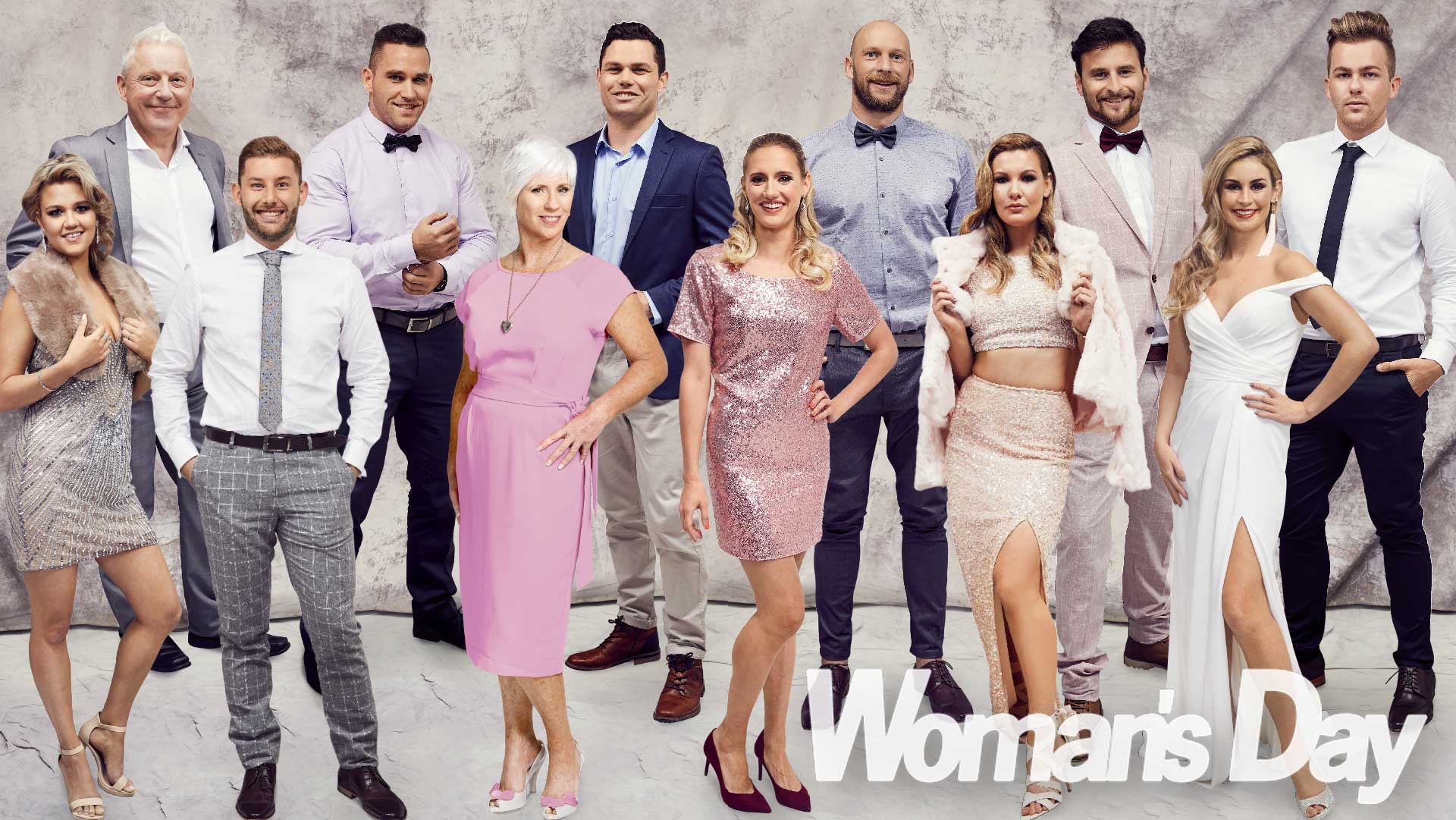Over 4000 singles put themselves forward for the Kiwi version of Married At First Sight and you have to ask, well, why?
NEXT sat down with the show’s experts, counsellor Tony Jones and senior lecturer Dr Panteá ‘Pani’ Farvid, to have a frank discussion about what makes people go on the infamous social experiment.

It’s the phrase that gets trotted out on every reality dating show, but making sure someone is there “for the right reasons” really is key, says Pani.
“Will going through this show help them grow, help them work through some of the things that may have held them back from having their previous relationships work?”
Finding the show’s singles is a careful process. A panel went through everyone who applied and selected a group of potential contestants. They then had to fill out questionnaires about everything and anything in their life – what they wanted, what had gone wrong in their past, etc.
Then a Skype interview with the experts, then face-to-face meetings, then psychometric testing of their personality types, attachment styles, communication styles, conflict resolution styles and their love languages.
Then Tony and Pani sat down to collaborate on who was going to work for the show then who they could be compatible with.
“The biggest part of the process has been trying to gauge how genuine each of these people are, and authentic,” says Tony.
“I’m not looking for what makes good TV, I’m looking for what would make a good relationship. And we want a person who’s strong and sure in themselves; ethically I don’t want to pick someone who’s not going to be in a good position to be on the show.”
They’re both confident in their pairings, with an important caveat:
“We don’t know what will happen once the cameras start rolling, but at least we’ve done all we can in our power,” says Pani.
*What are love languages?
Created by author Gary Chapman, ‘love languages’ are the different ways people show affection: gift giving, quality time, words of affirmation, acts of service and physical touch. Working out your own love languages but also your partner’s can help avoid communication issues, eg. you might never receive fancy jewellery from your partner but they might show their love by cooking for you.


